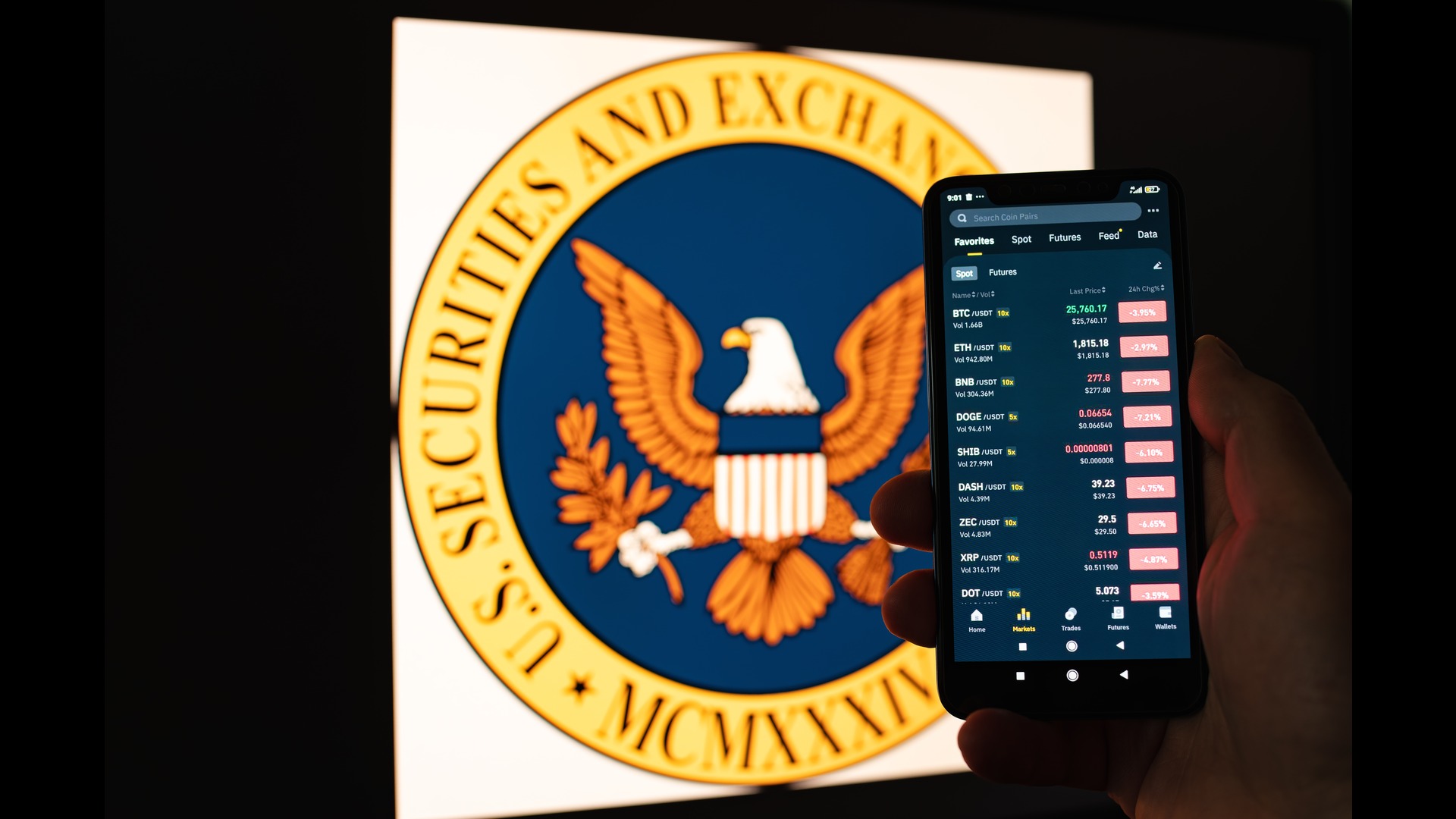The allegation comes in light of the ongoing SEC v. Binance lawsuit.
Earlier this week, the US Securities and Exchanges Commission (SEC) sued crypto exchange Binance on a string of allegations including mishandling customers’ funds, misleading investors, and blatant disregard of securities laws in the country.
CNBC revealed yesterday that Changpeng Zhao’s legal team claim that SEC Chair Gary Gensler, who is effectively leading the crypto crackdown, offered to serve as an adviser to Binance’s parent company in 2019.
Read more: SEC v. Binance lawsuit brings 10 new cryptocurrencies to ‘securities’ classification
A report by the WSJ on the other hand suggests that Binance approached Gensler first, and that Gensler rejected various offers from a range of companies including Binance.
So what went wrong? Did CZ upset Gensler? Is it a story of unrequited love? Or did Gensler take a closer look at Binance decide ‘no thanks?’
Here’s how it played out.
Binance’s two law firms, Gibson Dunn and Latham & Watkins, allege that Gensler offered to serve as an advisor to the crypto exchange in several March 2019 conversations with Binance executives and Zhao.
Gensler eventually met Zhao in Japan for lunch later that month. (Prior to his appointment as SEC Chair in 2021, Gensler taught at MIT’s prestigious Sloan School of Management.)
The filing states that Gensler and Zhao stayed in touch after the meeting, and at Gensler’s request, Zhao sat down for an interview with him as part of a cryptocurrency course he was teaching at MIT.
Despite the ‘cosy’ early relationship, Gensler’s views on crypto haven’t changed.
In July 2019, Gensler testified before the House Financial Services Committee over Facebook’s proposed cryptocurrency, Libra, and its planned Calibra wallet. (The project has since been cancelled).
Gensler stated in his testimony that he does “not advise any financial, technology, blockchain or other companies, nor do I own any cryptocurrencies.”
In line with his present views, he also testified that “we must guard against illicit activities, such as tax evasion, money laundering, terrorist financing and avoiding sanctions. We must protect individuals’ privacy.”
An SEC spokesperson vaguely said in statement to CNBC that, “the Chair is very familiar with and in full compliance with his ethical obligations including any recusal obligations.”
Tensions rose further on June 6 when CZ illuminated that the SEC failed to sue FTX, the now defunct exchange that crumbled and took customer funds down with it.
Zhao has regularly criticised the difference in treatment the SEC has afforded Binance compared with FTX.
On June 7, Binance issued a message through its Chinese social media channels stating that it was “different” from other crypto exchanges (namely, FTX), reassuring customers amid the lawsuit.
It pointed out that Binance has never given “large donations” to political candidates, and it has never fulfilled “large sponsorships” to the media. Last year, Sam Bankman-Fried spent more than $40 million in political donations throughout the election cycle.
Disclaimer: CryptoPlug does not recommend that any cryptocurrency should be bought, sold, or held by you. Do conduct your own due diligence and consult your financial advisor before making any investment decisions.




